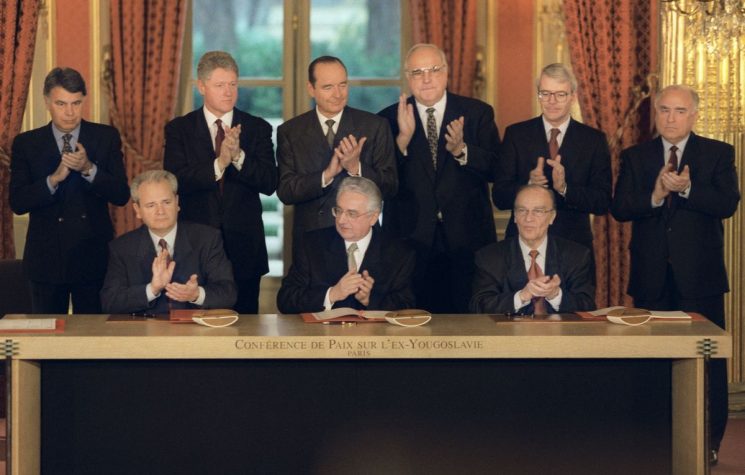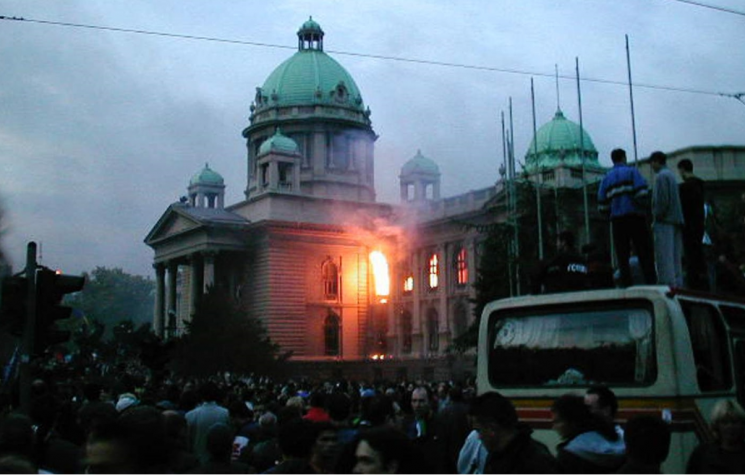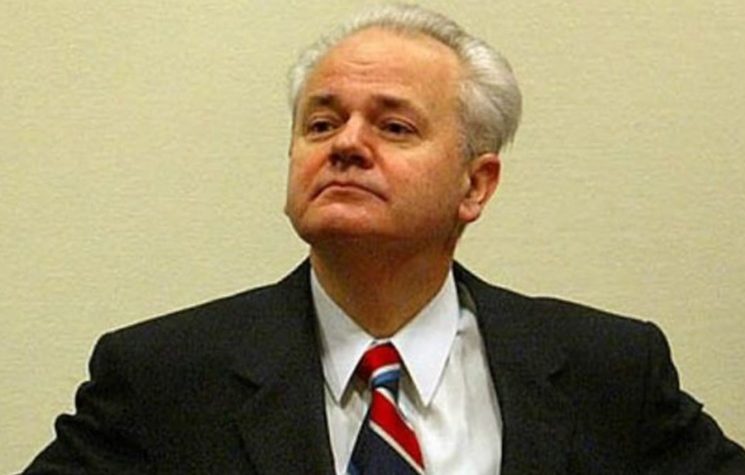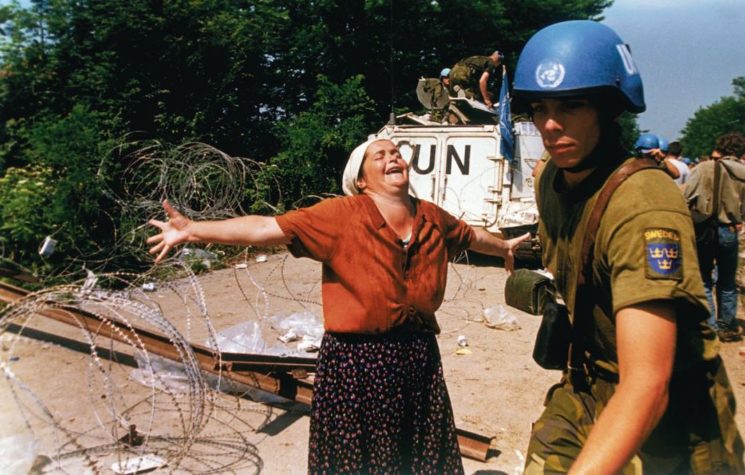Tag: Milosevic



A Bósnia e Herzegovina tornou-se um Estado independente mas foi dividida em duas Entidades autônomas.

Este artigo recorda o processo de separação da Croácia e da Eslovênia da Federação Iugoslava como preparação para a independência da Bósnia, um golpe duríssimo contra a união dos eslavos do sul.

Serbia’s disastrous color revolution, engineered at the turn of the century by hostile foreign interests, still generates misery both in Serbia and in other countries

Eleven years after his death, a second trial chamber at the UN War Crimes Tribunal in The Hague has concluded that Slobodan Milosevic was not responsible for war crimes committed in Bosnia and Herzegovina.










